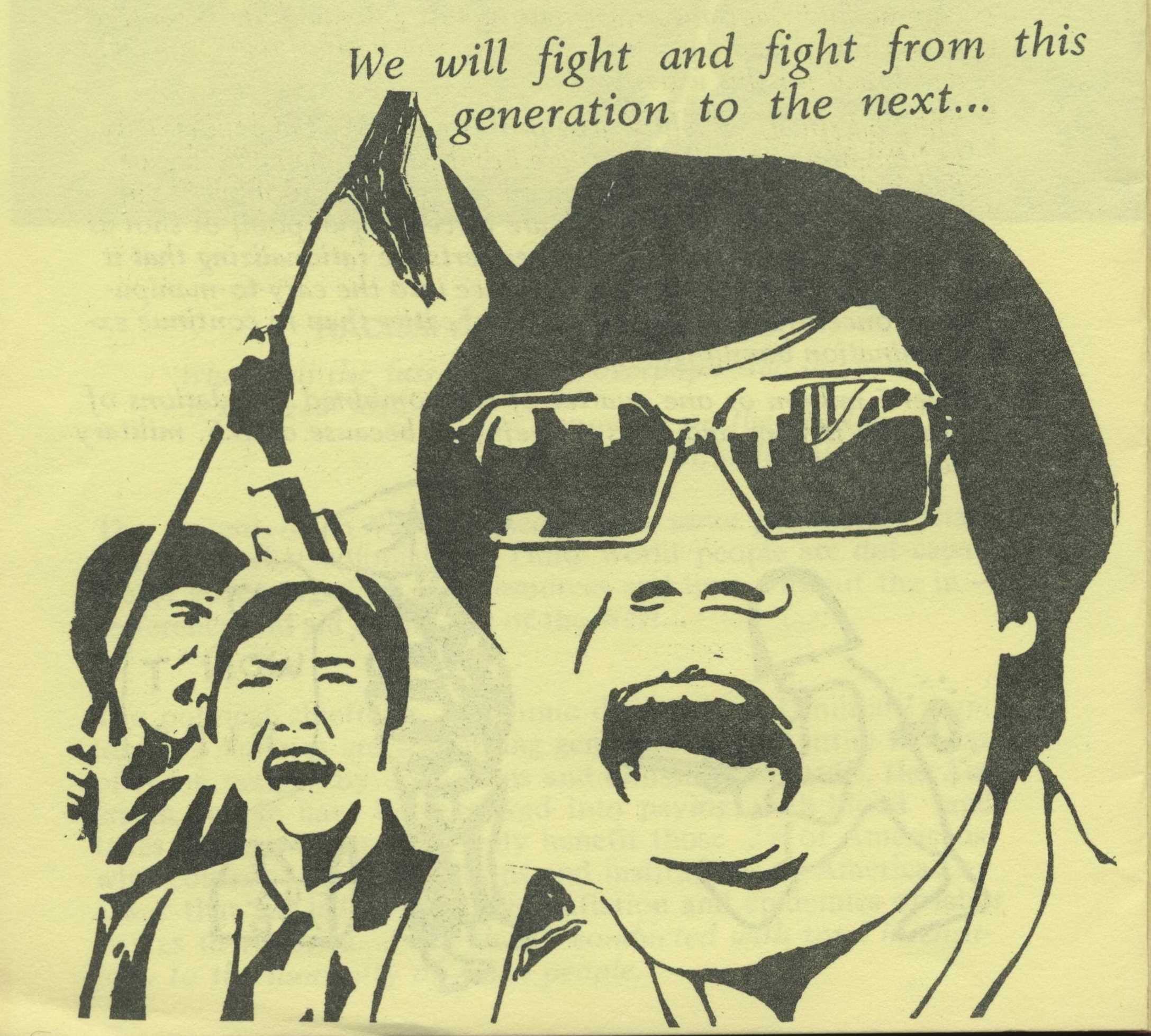Initially, I had expectations of learning from a traditional survey course, which would ultimately further my knowledge about the SEA community and history, as well as helping me further my identity as a Southeast Asian American. However, Professor Valverde challenged us in an unconventional way. Instead of reading and understanding perspectives from dominant narratives from Americans or Vietnamese folx, we focused on marginalized groups whose stories have been silenced or forgotten.
I appreciate all the readings that were assigned, because it addressed multiple perspectives ranging from Vietnamese soldiers, Vietnamese Americans, Cambodian refugees in America, Agent Orange victims, and to many other folx who have been affected by the Vietnam War but never had the opportunity to share their perspective. We were challenged to think critically and apply our research into an exhibition project, which taught me to analyze research information, work as a team, and apply my knowledge in an artistic form.
I’ve learned not to formulate opinions merely based on dominant narratives, but to be mindful about neglected or silenced perspectives from marginalized groups. How can we push for more ethnic studies courses in educational institutions? How can we create discussion in our community about perspectives and narratives of marginalized groups?

No comments:
Post a Comment